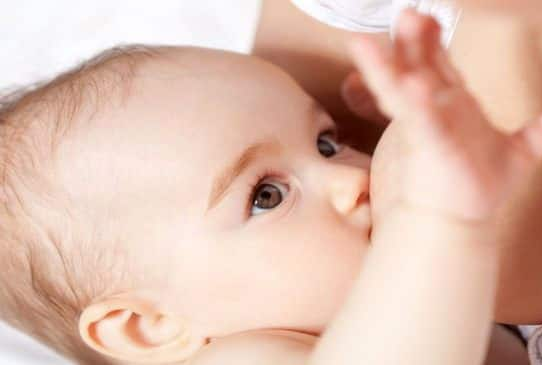Mom’s milk, which consists of a posh and frequently altering mix of proteins, fat and sugars, helps defend infants in opposition to bacterial infections. Previously, scientists have concentrated their seek for the supply of its antibacterial properties on the proteins it accommodates. Nevertheless, an interdisciplinary group of chemists and docs at Vanderbilt College found that a few of the carbohydrates in human milk not solely possess antibacterial properties of their very own but in addition improve the effectiveness of the antibacterial proteins additionally current. “That is the primary instance of generalized, antimicrobial exercise on the a part of the carbohydrates in human milk,” mentioned research director Steven Townsend. “One of many exceptional properties of those compounds is that they’re clearly non-toxic, not like most antibiotics.”
The fundamental motivation for the analysis was the rising drawback of bacterial resistance to antibiotics, which the Heart for Illness Management and Prevention estimates causes 23,000 deaths yearly. “We began to search for totally different strategies to defeat infectious micro organism. For inspiration, we turned to 1 explicit micro organism, Group B Strep. We puzzled whether or not its widespread host, pregnant girls, produces compounds that may both weaken or kill strep, which is a number one reason for infections in newborns worldwide,” Townsend mentioned. As a substitute of looking for proteins in human milk with antimicrobial properties, Townsend and his colleagues turned their consideration to the sugars, that are significantly harder to check. Learn extra about 10 explanation why breastfeeding is healthier than bottle feeding
“For a lot of the final century, biochemists have argued that proteins are most vital and sugars are an afterthought. Most individuals have purchased into that argument, despite the fact that there is no information to help it,” Townsend mentioned. “Far much less is thought concerning the operate of sugars and, as a skilled glycoprotein chemist, I needed to discover their function.” To take action, the researchers collected human milk carbohydrates, additionally referred to as oligosaccharides, from plenty of totally different donor samples and profiled them with a mass spectrometry method that may establish 1000’s of huge biomolecules concurrently. Then they added the compounds to strep cultures and noticed the end result underneath the microscope. This confirmed that not solely do a few of these oligosaccharides kill the micro organism instantly however some additionally bodily break down the biofilms that the micro organism type to guard themselves. The research is revealed within the ACS Infectious Ailments journal. Learn right here Moms-to-be want classes on breast feeding
Supply: IANS
Picture supply: Shutterstock



